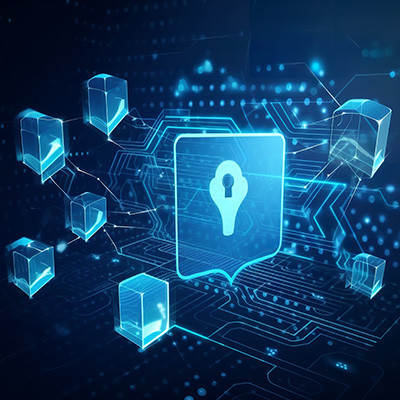iTSTL Blog
Six Tools Every Security-Minded Organization Will Need
For today’s business, there are very few threats that are as pervasive as cyberthreats. For this reason organizations that are willing to invest in their cybersecurity seem to have more control over their data and operations. With cyberthreats constantly evolving and becoming more sophisticated, it is crucial to equip ourselves with the right tools to protect our digital assets. In this week’s blog post, we will explore some of the most important cybersecurity tools that every individual and organization should consider implementing.
Antivirus Software
One of the fundamental cybersecurity tools is antivirus software. It acts as a shield against various types of malware, including viruses, worms, Trojans, and ransomware. Antivirus software scans your system for malicious programs, detects and removes them, and provides real-time protection against new threats.
Firewall
A firewall is a network security tool that monitors and controls incoming and outgoing network traffic based on predetermined security rules. It acts as a barrier between your internal network and the external world, preventing unauthorized access and protecting your systems from potential attacks.
Password Manager
Passwords are the first line of defense against unauthorized access to your accounts and sensitive information. Password managers are tools that store and manage passwords for different online services. They also can help create unique and complex passwords and provide secure password synchronization across multiple different devices.
Encryption Tools
Encryption is the process of converting standard text into unreadable ciphertext, making it unintelligible to any unauthorized individuals. Encryption tools are essential for protecting sensitive data, both at rest (stored on devices or servers) and in transit (while being transmitted over networks). They ensure that even if data gets intercepted, it remains unreadable without the decryption key.
Virtual Private Network
A Virtual Private Network (VPN) creates a secure and encrypted connection between your device and the internet. It masks your IP address and encrypts your internet traffic, providing privacy and anonymity online. VPNs are especially crucial when using public Wi-Fi networks, as they protect your data from eavesdroppers and hackers.
Intrusion Detection and Prevention Systems
Intrusion Detection and Intrusion Prevention (IDS/IPS) are security tools that monitor network traffic and detect suspicious or malicious activities. Intrusion Detection Systems work to identify potential threats, while Intrusion Prevention Systems actively work to block those threats. These tools help in identifying and responding to attacks in real-time, ensuring the security of your network.
While these tools aim to keep your network and data secure, you need a strategy that will allow your security tools to be as effective as you need them to be. If you would like to learn more about how to keep your business’ technology secure, or if you would like a professional perspective about the best way to keep threats from negatively impacting your organization, give us a call today at (314)828-1234.


Comments